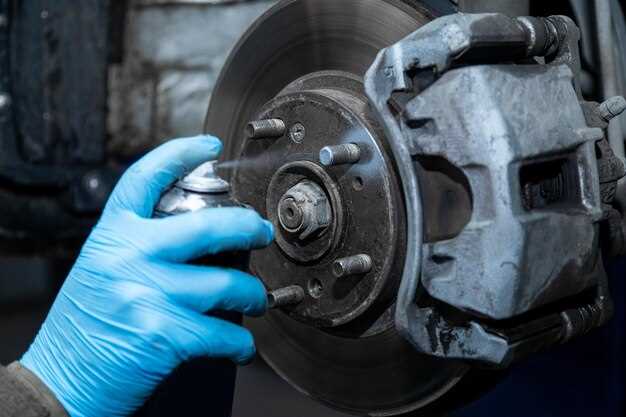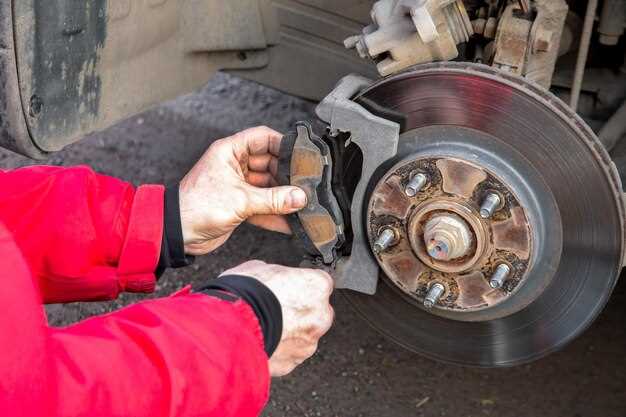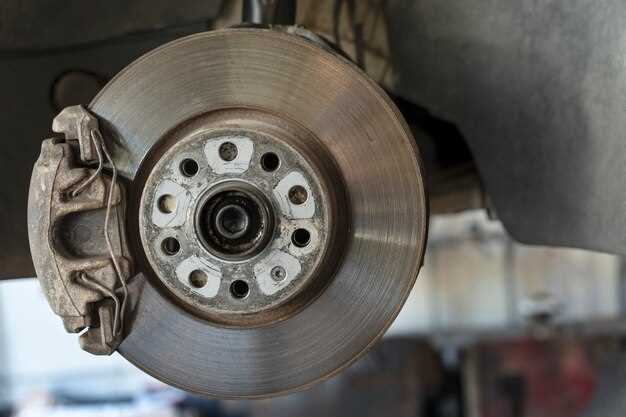
How to Know When to Replace Brake Pads
- Arthur Rodriquez
- 0
- Posted on

Brake pads play a crucial role in the overall safety and functionality of your vehicle. Over time, these components wear down due to constant friction and pressure, making it essential to monitor their condition. Recognizing the signs that indicate a need for brake pad replacement is vital in preventing more extensive damage to your braking system and ensuring a safe driving experience.
One of the most common indicators that it’s time for a replacement is the squeaking or squealing noise that occurs when you apply the brakes. This sound often signals that the friction material on the brake pads has worn thin, which can lead to further deterioration if not addressed promptly. In addition to auditory cues, you may also notice decreased braking performance, such as a longer stopping distance or a spongy brake pedal, which are critical signs of wear that cannot be ignored.
Visual inspections can also provide valuable insights into the condition of your brake pads. If you can see the pads through the wheel spokes, look for uneven wear or thickness. Generally, brake pads should be at least a quarter of an inch thick; anything less may warrant an immediate replacement. Understanding these signs will help you maintain your vehicle’s braking system effectively and ensure your safety on the road.
Unusual Noises When Braking

One of the most significant signs that your brake pads may need replacement is the presence of unusual noises when braking. If you hear squeaking, squealing, or grinding sounds, it’s crucial to pay attention. Squeaking can indicate that the friction material is wearing down, while a grinding noise often suggests that the pads are completely worn out, causing metal components of the brakes to make contact.
These noises are not just annoying; they can be indicative of serious issues. Ignoring these sounds can lead to more extensive damage to the brake system, including rotors and calipers. A thorough inspection might be necessary to determine the exact cause of the noise and confirm if a replacement is needed. Addressing these issues promptly will help maintain the safety and efficiency of your vehicle.
Reduced Responsiveness During Braking
One of the most crucial signs that your brake pads may need replacement is a noticeable reduction in responsiveness during braking. When you press the brake pedal, you should feel an immediate response, bringing the vehicle to a stop efficiently. However, if you notice a delay or a lack of power when attempting to slow down, it indicates that the brake pads may be worn out or damaged.
This reduced responsiveness can stem from several issues. Worn brake pads may not make sufficient contact with the brake rotors, leading to longer stopping distances and decreased effectiveness. Additionally, glazing of the pads, which occurs when they overheat, can result in a slick surface that diminishes friction, further impacting brake performance.
It’s essential to address this issue promptly. Continuing to drive with ineffective brake pads can lead to more significant problems, including potential damage to the rotors and increased repair costs. If you experience diminished braking response, it’s advisable to have your braking system inspected by a professional mechanic to determine if a brake pad replacement is necessary.
Visible Wear or Damage to Brake Pads

The condition of brake pads is critical for safe vehicle operation. One of the most apparent indicators that it’s time to replace brake pads is visible wear or damage. When inspecting the brake pads, look for thinning material, which can signal that the pads have been worn down to an unsafe level. A healthy brake pad typically has a uniform thickness, so any irregularities or substantial reduction in size warrant immediate attention.
Additionally, cracks, grooves, or chipping on the surface of the brake pads are clear signs of damage. These imperfections can compromise braking performance and increase the risk of brake failure. If the pads exhibit physical damage, it is crucial to replace them as soon as possible to maintain proper braking efficiency and ensure overall safety.
Furthermore, scraping or squealing noises when braking might indicate that the pads are not only worn but also starting to damage the rotors. Regularly inspecting the pads for visible wear and addressing any issues promptly can save you from more costly repairs in the future and enhance your vehicle’s braking performance.